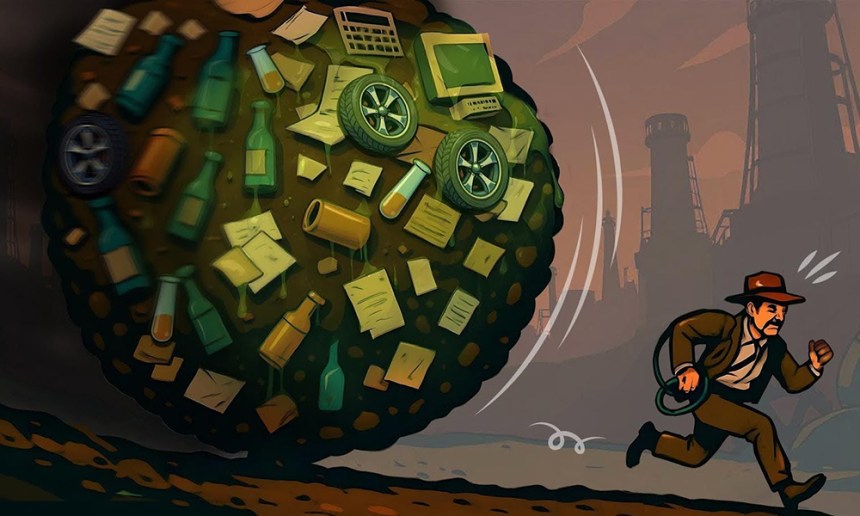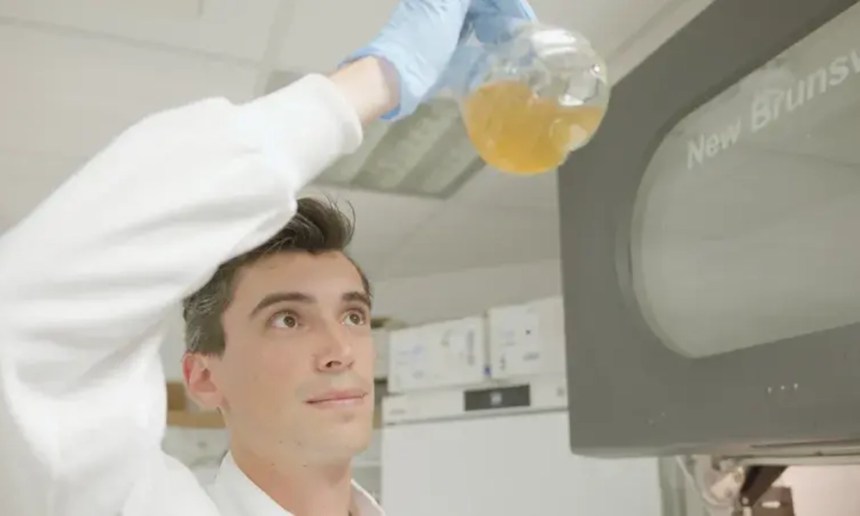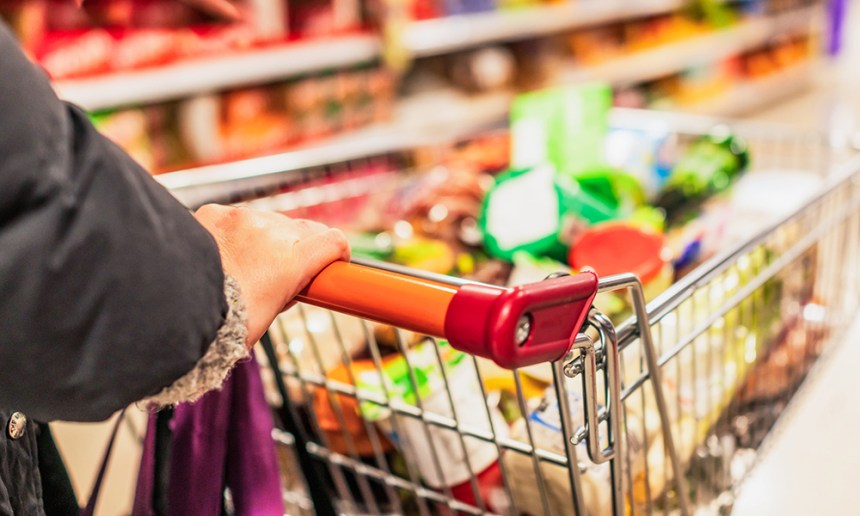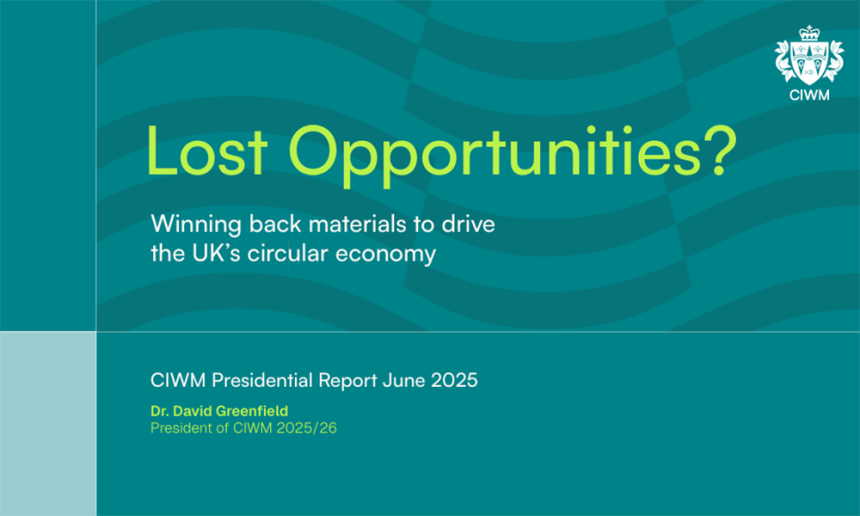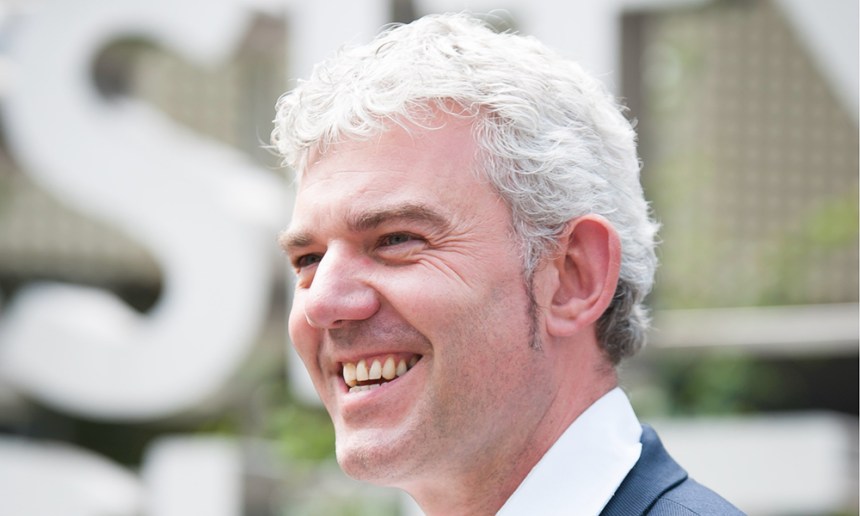Economy
Riders of the lost trash: Waste traceability and responsibility
Miguel Varela AssocMCIWM, founder of TEIMAS, explains why waste traceability is crucial if the world is going to transition to a circular economy. The UK’s waste management system is undergoing a far-reaching structural transformation that calls for a rethink of the producer’s role, traceability, and the value of materials within a circular economy. Few things are as revealing as waste. It tells us more about a country, a company, or an economy than any strategic plan or sustainability statement. What we discard, where we dispose of it, and who ultimately ends up dealing with it, speaks not only of consumption and waste, but also of power, global asymmetries, and…
Microbe can turn plastic waste into paracetamol, study shows
A PhD student checks the growth of a culture of E. coli in the Wallace Lab. University of Edinburgh publishes new study on how a common microbe can turn plastic waste into paracetamol. A team of scientists from the University of Edinburgh’s Wallace Lab have genetically reprogrammed the bacterium E. coli to transform a molecule derived from PET plastic, known as terephthalic acid, into the active ingredient of paracetamol. PET (polyethylene terephthalate) plastic is a strong, lightweight material used for water bottles and food packaging. Researchers used a fermentation process, similar to the one used in brewing beer, to accelerate the conversion from industrial PET waste into paracetamol in…
30% of grocery retail moving to reuse could save £577m annually
Adopting reusable packaging for 30% of goods in UK grocery retail could reduce annual system costs by £314 million to £577 million, according to a new study. A new study by GoUnpackaged finds adopting reusable packaging for 30% of goods in UK grocery retail delivers financial and environmental benefits compared to single-use packaging. The study found that moving to 30% reuse could provide between a £314m and £577m annual saving in overall system costs compared to single-use, which is equal to a 12-22% saving. Producers could also save a £136m annually in Packaging Extended Producer Responsibility (pEPR) costs for the products in scope, the study found. According to the…
CIWM Presidential Report 2025: Lost Opportunities? Winning Back Materials to Drive the UK’s Circular Economy
Read the CIWM Presidential Report 2025: ‘Lost Opportunities? Winning Back Materials to Drive the UK’s Circular Economy’ now. Dr. David Greenfield launched the CIWM Presidential Report 2025 ahead of his inauguration as CIWM President at Terrace Pavilion, House of Commons. Written by Dr Ryan Woodard, the report, ‘Lost Opportunities? Winning Back Materials to Drive the UK’s Circular Economy’, issues a call to action to capture and derive value from resources that are currently being lost to the UK’s economy. Read an extract from the report’s Executive Summary below or check out the full version of the report here. Executive Summary A summary version of the CIWM Presidential Report 2025…
CIWM President launches 2025 report at his inauguration
Ahead of his inauguration as CIWM President today at Terrace Pavilion, House of Commons, Dr. David Greenfield has launched the CIWM Presidential Report 2025. Written by Dr Ryan Woodard, the report, ‘Lost Opportunities? Winning Back Materials to Drive the UK’s Circular Economy’, issues a call to action to capture and derive value from resources that are currently being lost to the UK’s economy. A summary version of the CIWM Presidential Report 2025 is available here. Focusing on what it calls the ‘urgent need’ and ‘real opportunity’ for the UK to lead the transition to a circular economy, the report highlights six commonly overlooked materials that are currently lost to…
New textiles EPR assessment service launches
Textile Extended Producer Responsibility Impact Assessment service designed to help producers prepare for textile regulations in the EU launches. The service allows producers to track upcoming Extended Producer Responsibility (EPR) regulations across the globe and identify obligations across relevant markets. Created by international circular economy specialist Reconomy, the tool allows producers to estimate compliance costs based on market data and expected fee structures, and review data readiness. While the EU’s EPR mandate for textiles is set to take effect in 2027, several member states including France, the Netherlands, Hungary and Latvia have already implemented their own schemes. Reconomy is actively involved in shaping the future of EPR and is…
Building a circular economy for workwear
John Twitchen FCIWM, Founder of Stuff4Life, explains how his new social enterprise is working to build a circular economy for workwear. Achieving net zero and reducing carbon emissions is a challenge for all organisations, and it will require everyone to leave no stone unturned, especially when it comes to the impacts of the things we use every day – our supply chains, or ‘Scope 3’ emissions. Scope 3 emissions can make up between 70 and 90% of an organisation’s emissions, which includes branded workwear worn by employees. John Twitchen, FCIWM, Founder of Stuff4Life. Employees and partnerships come and go, mergers and acquisitions happen, and in the past overordering has…
It Starts with Design: Continuing the Conversation
Following FOCE 2025, join host Mark Shayler as he recaps some of the key insights shared at this year’s Festival alongside an expert panel. From material innovations, to responsible business models and tackling resource access across global supply chains, hear the key takeaways about the role of designing for circularity. How do we design with nature at the top of the circular hierarchy? Adding another layer to the conversation, hear from experts in regeneration and regenerative design about how we design in and for nature to take a holistic approach to a circular economy that supports natural ecosystems. This webinar is sponsored by Routeware The post It Starts with Design: Continuing…
Circular economy could deliver £25bn boost to the UK, MPs say
Build national resilience and deliver £25 billon boost to UK economy by kickstarting the circular economy, say cross-party group of MPs. The All-Party Parliamentary Group (APPG) for the Environment says transitioning to a circular economy could deliver a £25 billion boost to the UK economy by 2035 and create ‘hundreds of thousands’ of jobs across the country. Chaired by Labour’s Andrew Pakes MP, the APPG says the UK can become more resilient to global instability by using resources more efficiently and giving consumers a ‘right to repair’, which ensures products can be fixed when they break. For many of the questions facing us, the circular economy provides some answers.…
CIWM Presidential team appear at Waste Management Europe Conference 2025
CIWM President Tim Walker and Early Careers President Charlotte Davies spoke at the Waste Management Europe Exhibition & Conference 2025 in Bologna, Italy. Taking place between 10-12 June, the Waste Management Europe (WME) 2025 Exhibition and Conference connects global experts in waste management, recycling, reuse and circularity. WME 2025 says it promotes ‘cutting-edge thinking in applying innovative solutions to some of the world’s greatest challenges’. CIWM President Tim Walker delivered the Keynote Address at the Exhibition on new frameworks for a holistic waste management strategy. Walker also spoke on the ‘Next steps for the waste management sector – a call to action to policy makers’ session, which identified areas…
